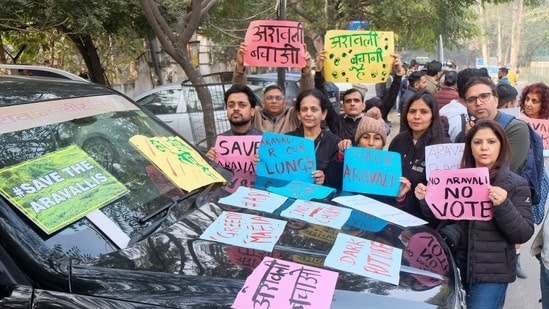Himalaya Harbinger, Rudrapur Bureau.
In another instance of cyber fraud, a 22-year-old data scientist from Gurugram, visiting US Nagar district headquarters, Rudrapur during Diwali, fell victim to an elaborate scam that siphoned off Rs 92,250 from his newly issued credit card. The victim, a machine learning engineer who requested anonymity, recounted to Himalaya Harbinger that he had recently received his first-ever credit card from HDFC Bank. Shortly after, he received a call appearing to be from the bank’s official number, where a woman, complete with an ID number and name, claimed to represent the bank and offered to increase his credit limit.
Thinking it was a legitimate call, the young man shared an OTP sent to his phone. Moments later, he was horrified to see an SMS notifying him of an unauthorized Rs 92,250 transaction made through digital payment platforms and transferred to rental accounts. Realizing he had been conned, he promptly reported the matter to the Kumaon Cyber Police Station in Rudrapur.
Sub Inspectors Vandana and Usmaan responded swiftly, gathering details and immediately blocking his card to prevent further misuse. SI Vandana said, “Our priority was to stop any additional losses. We coordinated with the digital payment platform and managed to halt the transfer process.” After persistent efforts spanning seven days, the officers successfully retrieved the funds, which were credited back to the victim’s account. Despite the swift action by cyber police, the victim expressed frustration with the bank. “I reached out to HDFC officials multiple times, yet they failed to respond or offer any guidance,” he stated.
SI Vandana cautioned the public, “Under no circumstances should anyone share OTPs over the phone or click on unfamiliar links, as cybercriminals are increasingly targeting new credit card holders.” She cited another recent case involving a Kashipur professor who lost ₹2 lakh after clicking a link sent by scammers posing as courier agents. “Once he entered his card details to supposedly pay ₹25, the criminals drained his account, and further investigation revealed the money trail led to the UAE.”
SI Usman warned, “Cybercriminals are becoming more resourceful by the day, using advanced tactics to appear legitimate. We urge everyone to stay alert—never share OTPs or personal details over the phone, no matter how convincing the caller sounds. With cybercrime cases rising sharply, we advise users to scrutinize unexpected calls, verify caller identities independently, and directly contact their banks to confirm any unusual claims. If in doubt, contact your bank directly. Prevention is our strongest tool against these scams.”
The president of Rudrapur’s City Traders’ Union, Sanjay Juneja, said that there is need for a comprehensive investigation into how fraudsters access customer information, pointing to potential security breaches within banking systems. “It’s alarming to see new credit card holders being repeatedly targeted. Banks need to thoroughly assess their data protection mechanisms,” Juneja remarked.
The police officers have urged citizens to stay vigilant against such fraudulent schemes, reiterating that neither banks nor government agencies request OTPs or passwords over the phone. As online scams become increasingly sophisticated, experts stress the importance of educating oneself on identifying phishing and fraud tactics.








